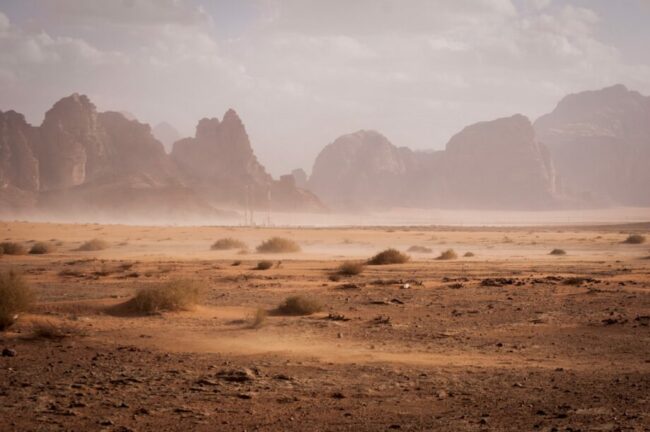The vital role that water plays in ensuring the optimal functioning of the human body cannot be overstated. It is a crucial element that supports various bodily functions, making it indispensable for maintaining good health and vitality.
In this comprehensive exploration, we will delve into the nuances of water’s importance, the potential repercussions of dehydration, and the various factors that influence an individual’s hydration needs.

Surviving Without Water: A Delicate Balance
When discussing survival without water, it’s crucial to note that the commonly cited three-day threshold is a general approximation and is subject to numerous variables. The resilience of the human body is remarkable, yet its dependence on water is undeniable. The absence of water intake over a period of hours sets off a cascade of physiological responses, signaling the body to conserve water.
By the first day, feelings of intense thirst and lethargy serve as the body’s initial alarms. If the deprivation continues, the ensuing days can lead to severe organ dysfunction and potentially fatal outcomes. It’s a testament to the body’s delicate balance and the vital role water plays in maintaining it.
Why Water is Indispensable: More Than Just Quenching Thirst
Water is much more than a thirst-quencher; it is a multifaceted nutrient that participates in various critical bodily functions. It aids in temperature regulation, ensuring that our bodies operate within an optimal range. It facilitates digestion, making it possible for us to derive nutrients from the food we consume. Moreover, it plays a pivotal role in the elimination of waste, helping to detoxify the body.
The brain, one of the most water-dependent organs, relies on adequate hydration to produce essential hormones and neurotransmitters. In essence, water is the lifeblood of our cellular machinery, ensuring everything runs smoothly and efficiently.
The Factors Influencing Hydration Needs
Hydration is not a one-size-fits-all matter. Various factors, ranging from biological to environmental, play a significant role in determining an individual’s hydration needs. Age, gender, weight, and overall health are critical biological factors. For instance, older adults and those with certain health conditions may require more water to maintain optimal bodily functions.
Environmental factors such as temperature, humidity, and altitude can accelerate the dehydration process, making it imperative to adjust water intake accordingly. Additionally, individuals engaging in high-intensity activities or those exposed to extreme conditions must be particularly mindful of their hydration levels.
Addressing and Preventing Dehydration: A Proactive Approach
Water accounts for around 60% of your body weight. According to studies, losing just 3% of this weight through water loss might cause dehydration symptoms.
Dehydration, even in its mildest form, can have noticeable effects on the body and mind. Early symptoms include headaches, dizziness, and fatigue, signaling the body’s need for water. If left unaddressed, these symptoms can escalate, leading to more severe consequences.
Recognizing the signs of dehydration is the first step toward mitigating its effects. Adopting a proactive approach to hydration, particularly in environments or situations that may increase the risk of dehydration, is crucial. It is not only about responding to the body’s signals but also anticipating its needs to maintain a state of equilibrium.
Conclusion
In concluding this exploration of water’s indispensable role in human survival, it’s evident that hydration is a complex, multifaceted topic that demands thoughtful consideration. Beyond its basic function of quenching thirst, water is a vital nutrient that supports various critical bodily functions.
Recognizing the signs of dehydration and understanding the factors that influence hydration needs are essential steps in maintaining optimal health. As we navigate through different environments and life stages, a nuanced understanding of hydration can empower us to make informed decisions, ensuring that our bodies are well-equipped to thrive.
This exploration serves as a comprehensive guide, providing insights and practical knowledge to navigate the complexities of hydration. It underscores the importance of adopting a proactive approach, ensuring that we are attuned to our bodies’ needs and ready to respond to maintain balance and vitality.

Editorial Staff
Our writers, editors, content managers, and SEO specialist. We all take part in crafting amazing articles. We spend hours ensuring that each article is based on facts, researched, and thorough. You'll never want to click the back button to look for more answers other than here!
